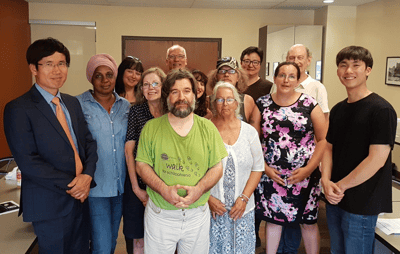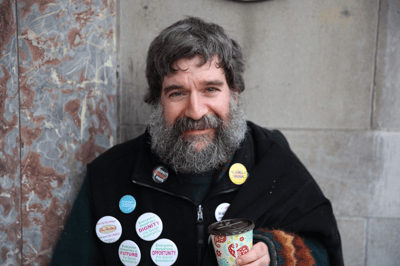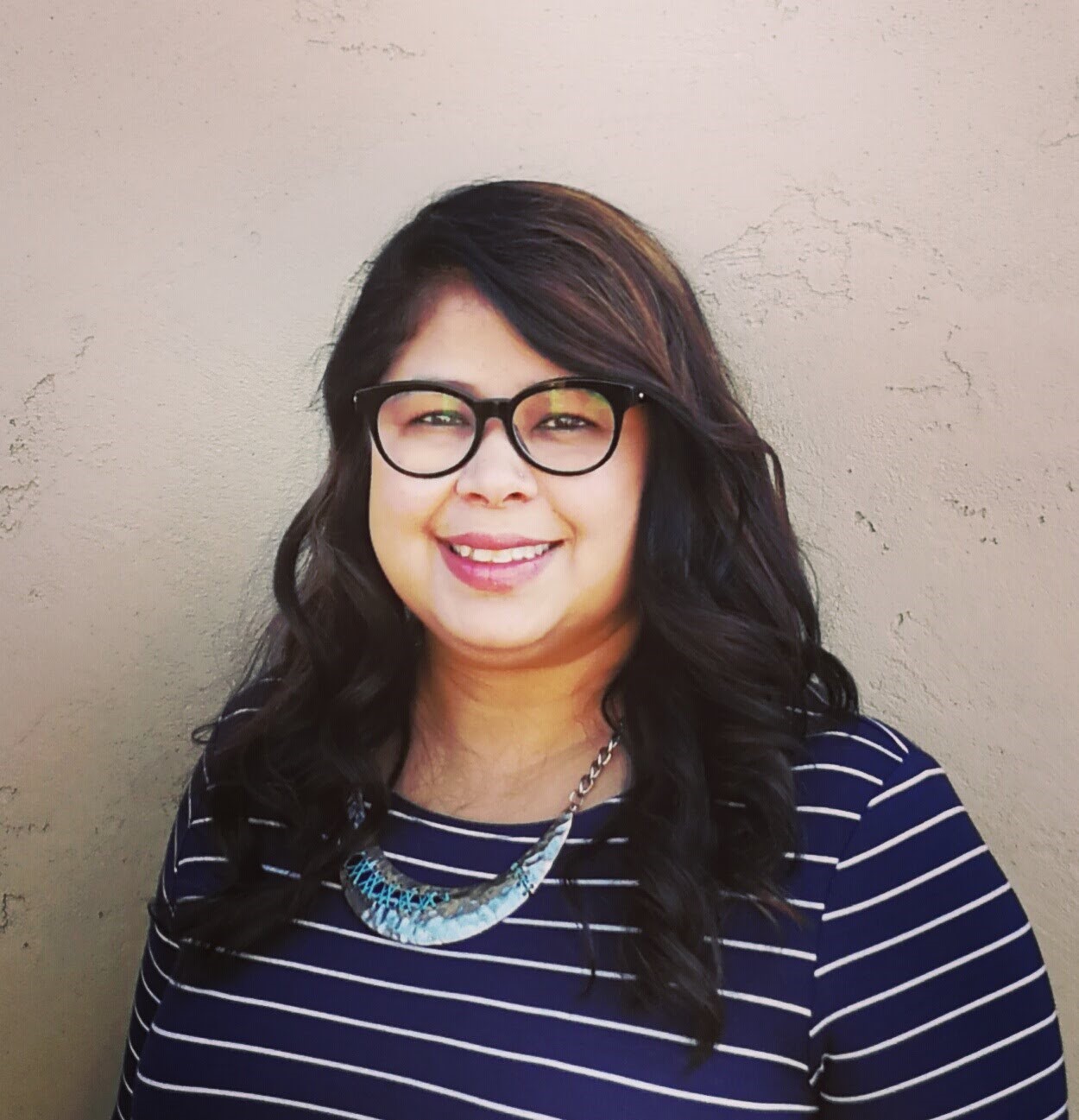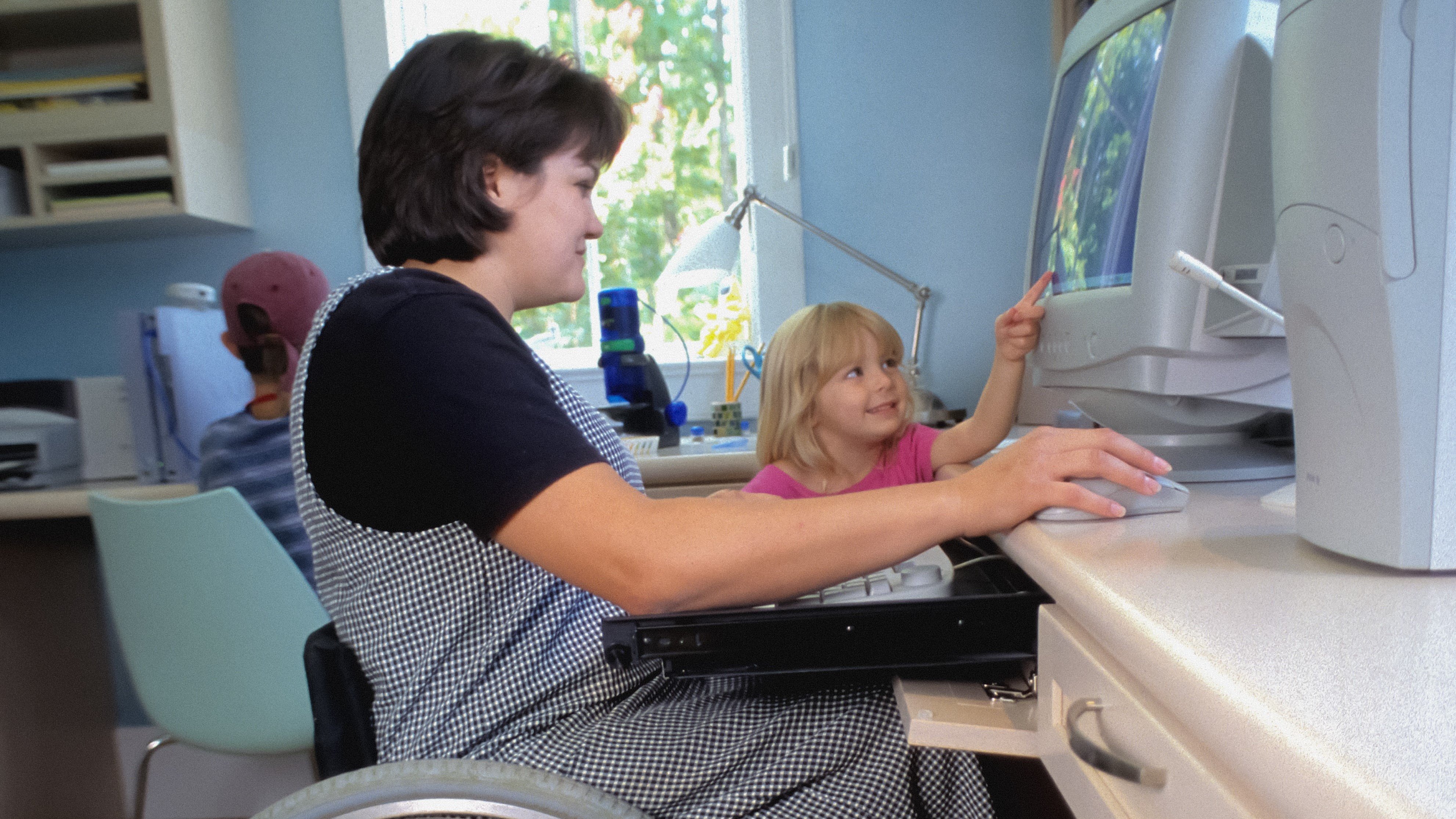The Ontario Basic Income pilot project is just over a year into its three year mandate and, it’s clear, from the emerging narrative of pilot participants, the provincially-funded program announced in 2017 is already changing lives and restoring a sense of dignity. In Hamilton, Thunder Bay and Lindsay, Ontario 4,000 people are now enrolled in this social policy experiment to determine whether providing a basic income enables low income participants to maintain housing, eat better, stay healthier and engage in work.
In May, Hamilton hosted the 17th annual North American Basic Income Congress. The 2018 Congress was organized in collaboration with McMaster University, the Hamilton Roundtable for Poverty Reduction, Low Income Families Together (in Toronto), and other partners. The Congress brought together basic income pilot participants, academics, politicians, researchers, community allies, and academic champions of the basic income concept from across the globe. Researcher, Evelyn Forget, an Economist at the University of Manitoba, notable for her analysis of the data from the Mincome Experiment in the 1970s, presented at the Congress:
"We spend health care money inefficiently. We spend it in the hospitals and clinics trying to deal with the consequences of poverty."
The world is watching to see just how lives are changed and what impact a basic income will have on poverty. The Hamilton Roundtable for Poverty Reduction, together with Basic Income Hamilton, has brought together basic income participants to share their stories. A small speaker’s bureau with 10 participants named ‘Living Proof’ hopes to open eyes to the possibilities of how a universal basic income guarantee could reduce poverty, enhance opportunities and restore dignity for those who have been left behind.
Dave Cherkewski, an anti-poverty champion and Living Proof speaker, had this to say about his experience:
“Basic income has already made an immeasurable difference. With more grocery money, I’m able to treat food as medicine. I have more energy, I volunteer with the Council of Canadians, and with my church” (Cherkewski, Motherboard Vice, 2018 ). He's even gotten engaged. "I'm hoping," he said, "to have the best summer of my life" (Cherkewski, Motherboard Vice, 2018).
Along with supporting local participants in sharing their stories, the Roundtable is also collaborating with other places around the world that are planning basic income pilot projects. Tom Cooper, Director of the Roundtable, has been in discussions with organizers in California and Scotland as those jurisdictions look to roll-out basic income pilots in 2019.
The world is watching this pilot with great interest. In recent months, Associated Press, Al-Jazeera, the Wall Street Journal, The Guardian, VICE, PBS, Fast Company, Japanese and Korean Television, have all visited Hamilton for stories on the pilot and interviewed participants.
Jodi, a participant based in Hamilton, recently shared her story in the Hamilton Spectator of how the basic income pilot has changed her life:
“Basic income has given me the security I needed to help relieve some of the stress of our everyday life…I am thankful that I am able to be part of this program and I hope that the outcome of this pilot will show the world with a little hand up, people can be empowered to make positive changes in their everyday lives. The positivity I have today radiates to the children I am raising”
Earlier this Spring, Kathy Mahood had these reflections to share about the impact of the Ontario Basic Income Pilot in Lyndsay, Ontario:
“I really notice it when the cheques start coming out at the end of the month. The stores are much busier. The town is busy, busy. A lot busier than it was before. There are line-ups at the grocery store. It’s definitely injecting more money into the community.”

The Progressive Conservatives won the most recent Ontario provincial election and went on record, prior to the election, confirming their intentions to continue the Liberal government-initiated basic income pilot for the entire three years, if elected. What remains to be seen is what happens once the pilot concludes. Will this ground-breaking pilot translate into social assistance and income security policy change that will significantly reduce income security in Ontario? Or will the findings and report on this pilot join a host of other well-intentioned government reports sitting on a shelf gathering dust?
“The big difference between the Ontario pilot today and others in the past (such as Mincome), is that we are able to tell stories and share the experiences of pilot participants in real-time. A courageous group of basic income pioneers in Hamilton, Thunder Bay and Lindsay are helping to ensure that basic income stays top of mind for politicians and the public. I’m convinced it will become one of the most critical social policy discussions of this century”
Photos courtesy of Tom Cooper, HRPR and VICE.
Learn More:
Basic Income: Here’s How the Pilot Project has Changed one Hamilton Family’s Life
Smart Money: Why the World Should Embrace Universal Basic Income
Hamilton Boosts a Basic Income.... and a 'sense of dignity'
Hamilton man uses basic income floor to stay active in community
City Matters: Basic Income Congress
Basic Income Recipient Hopes Program Continues after Provincial Election
Why the Left and Right Should Embrace a Universal Basic Income
From Barely Surviving to Thriving





